Buyer's guide
How do you go about finding and buying your future home?
Selfhome guides you through 4 steps.
Step 1.
Step 2.
Step 3.
Step 4.
Step 1.
Research
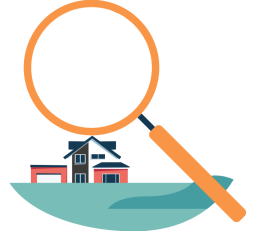
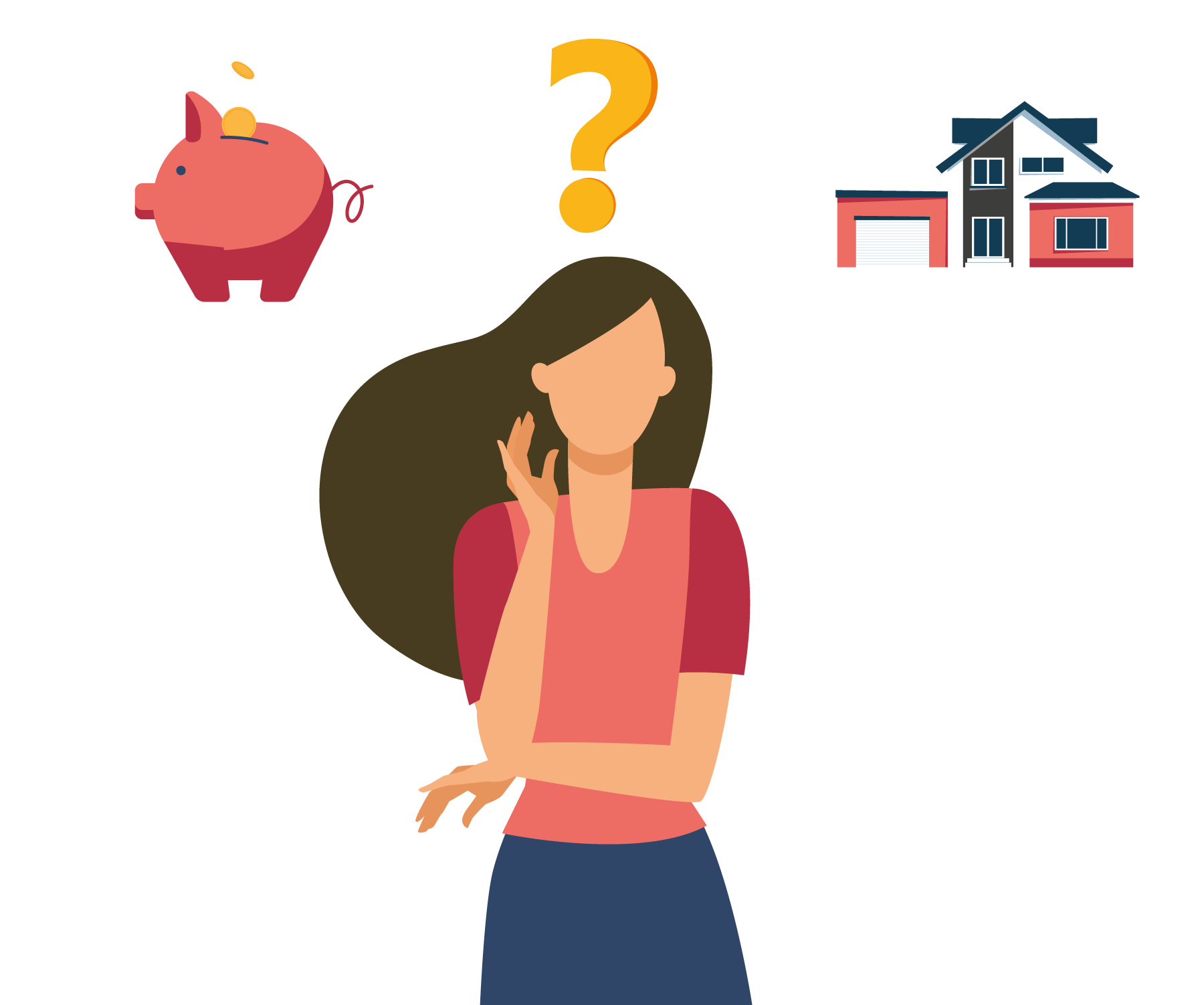
Before you start looking, you need to know what your budget is. To do this, you need to consider acquisition costs and your financial situation.
Registration fees
In any acquisition, there are registration duties to pay. This tax amounts to 7% of the purchase price. What you need to know is that if this is your first purchase, you are entitled to an allowance (reduction) of up to 40,000 euros (bëllegen Acte). If you don't use the full amount of the allowance, you can keep it for your next purchase. However, there is one condition: you must have your legal address there for 2 years. If you fail to meet this condition, you must repay the allowance. Naturally, it will be available again for the purchase of the next property to live in.
You need a mortgage
In this case, you'll have to pay a number of additional fees. These include application fees, mortgage registration fees and possibly life insurance. You can simulate and calculate your borrowing capacity with your bank advisor.
Don't hesitate to contact a bank (or broker) and ask for a bank simulation of the maximum amount you can borrow.
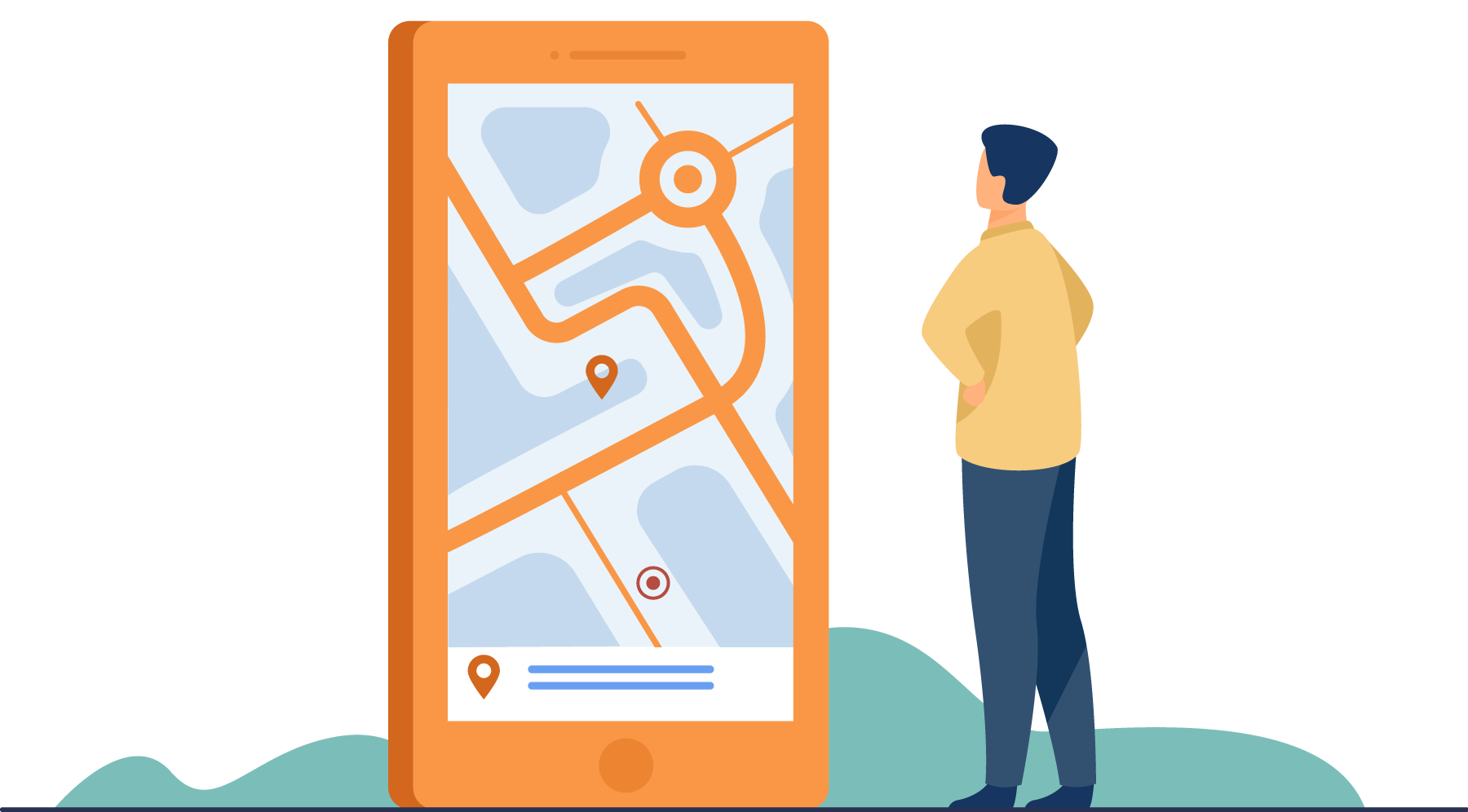
Where can I find my accommodation?
In a real estate market where demand is low and supply abundant, there are more homes for sale, which can be good news for buyers. Properties can stay on the market longer, offering more opportunities for buyers to find the house or apartment that suits their needs and budget.
However, it's always important to take the time to search and find a property that meets your criteria.
If you're interested in buying a property, don't hesitate to contact owners who are selling their properties themselves. This may enable you to find a property at a more attractive price, without having to go through an estate agent and the associated costs.
Take advantage of our ad site here to find the right property for you.
In short, in a market where there are many properties for sale, it's important to take the time to search and find a property that meets your criteria.
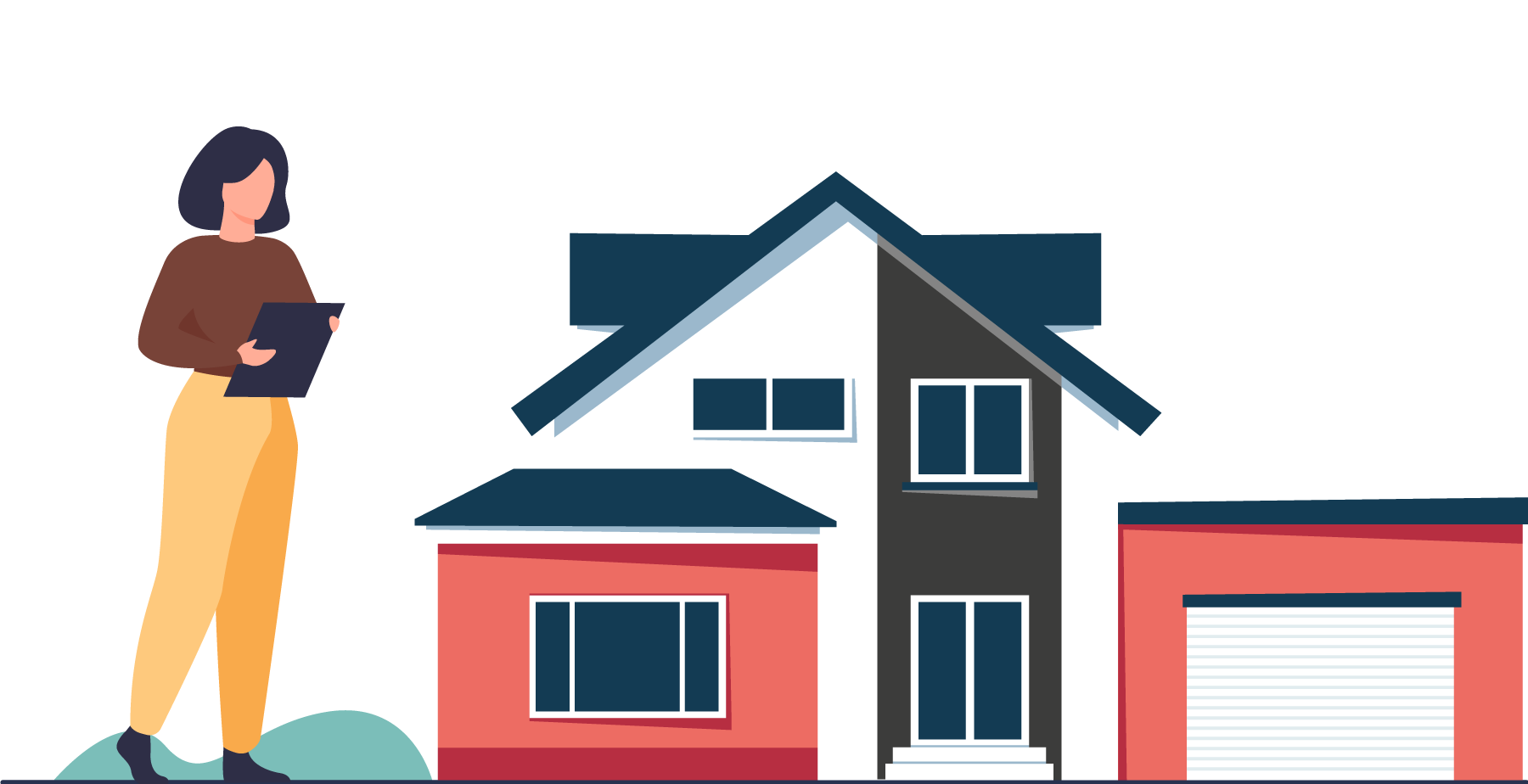
My first visit
Before you visit, find out about the location (e.g. road access, public transport, green spaces, parking, etc.).
Then let yourself be guided through the visit and make sure that the property corresponds to the advertisement. If you have any doubts about something, don't hesitate to ask about it, to avoid any hidden defects. Ask about the general condition of the property (roof, facade, windows, insulation, equipment, year of construction, type of heating).
You should also check the property's facilities (internet, sockets, parking, cellar, pets allowed, reduced mobility access, elevator, communal areas, etc.).
In the case of condominiums (apartments), check the latest syndic's report for any future work to be carried out, and confirm the monthly charges. If any work was voted on at the last general meeting, the charges belong to the vendor.
During the visit, consult the following documents:
- Property listing and photos
- Floor plans (load-bearing walls). This is important if you wish to rearrange the property.
- Energy passport (energy performance and thermal insulation/mandatory)
- Last management report (for condominiums)
Step 2.
Negotiation

Negotiating the sale price
Once you've visited the property in question, you can negotiate the price with the seller. Usually, ad prices are slightly higher, to leave room for negotiation with buyers.
On the other hand, please note that if you fall in love with the property, the price is reasonable and demand is high, you run the risk of losing the property by negotiating the price.
Selfhome gives you some tips for negotiating the price:
- If the property has been on the market for some time, the seller may be more open to discussion.
- If the property has certain defects or needs renovation, the price is also subject to negotiation.
- If the property is not immediately available and the seller already wishes to sell it immediately, it is possible to ask for rent for the period of occupancy of the apartment, or to obtain a discount on the price.
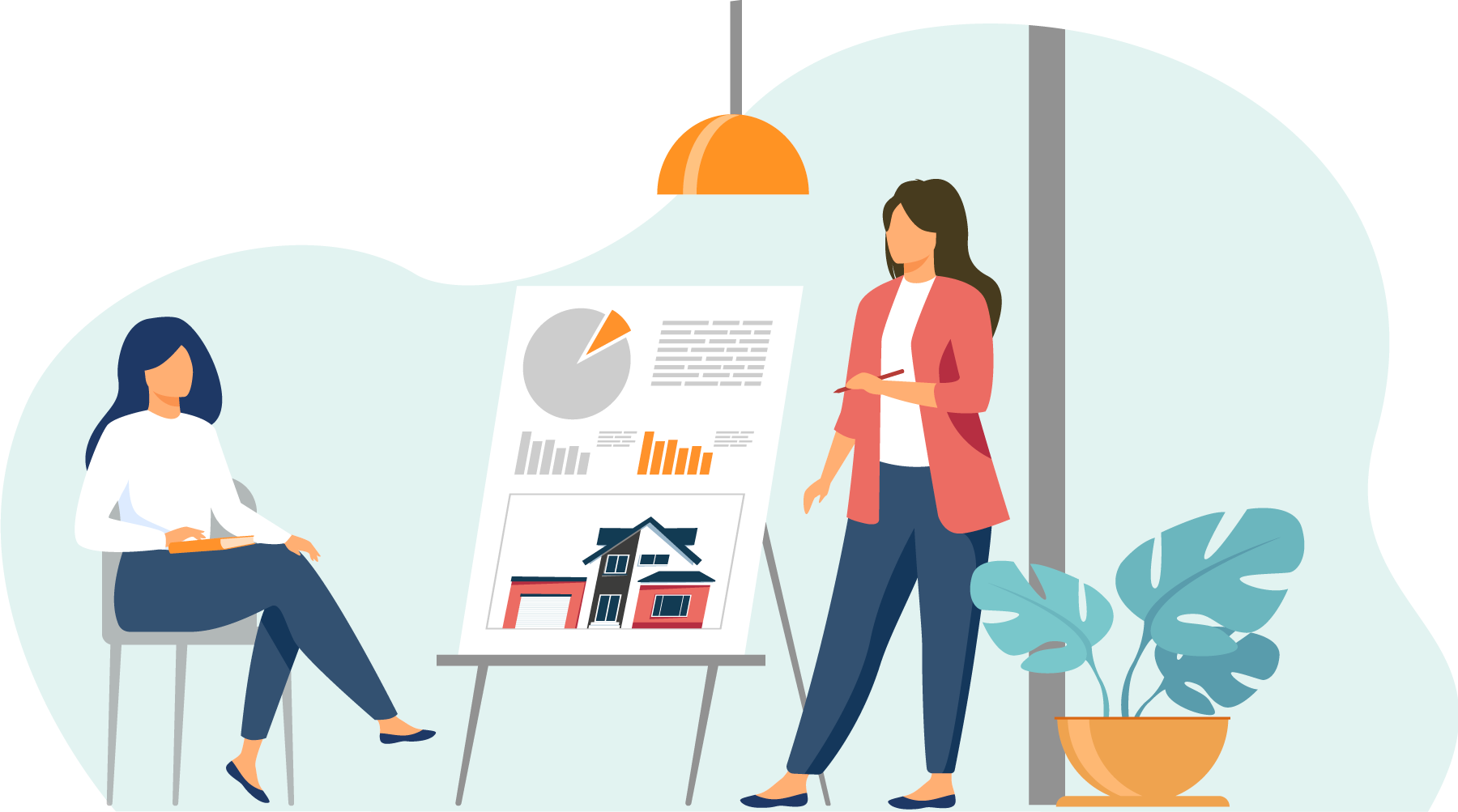
Make an offer to buy
The purchase offer is the price you propose to the seller. The price you think is fair and correct. Please note that the offer to purchase commits you to buying the property at the price you have proposed and signed.
Be aware that if you are the first to make an offer to purchase at the price announced by the seller, he must sell you his property and enter into a compromise with you!
In practice, however, the seller chooses the most solvent bidder at the highest price. Please note that it is forbidden to raise the sale price of a property.
It's always a good idea to make a price offer in writing, so that the seller can think things through. The seller will accept the offer with the most attractive price, taking into account the buyer's solvency.
Once the offer to purchase has been accepted, you can sign the preliminary sales agreement (compromis de vente).
In a competitive market like Luxembourg's, prove your solvency to the seller like an application file. Show a financing simulation from your bank or a bank statement with the necessary funds. This will give the seller the confidence to sign a compromis de vente with you.

👉🏼 Compromise now!
A sales agreement is a sale
The compromis declares a common agreement between the two parties. As a result, when the compromis is signed by seller and buyer, the property is sold. However, the compromise does not mean that the property can be purchased, because if the buyer needs financing, he must prove that he is able to obtain a loan from his bank. However, once the loan has been accepted, all that remains for the seller to do is hand over the compromise to the notary to finalize the sale with a deed of sale.
The compromise includes:
- Name, registration number and address of sellers and buyers
- Property address
- Brief description of property (ares of land, cadastral number)
- Selling price
- Date and signature of buyers and sellers
- Suspensive clause

Step 3.
Financing

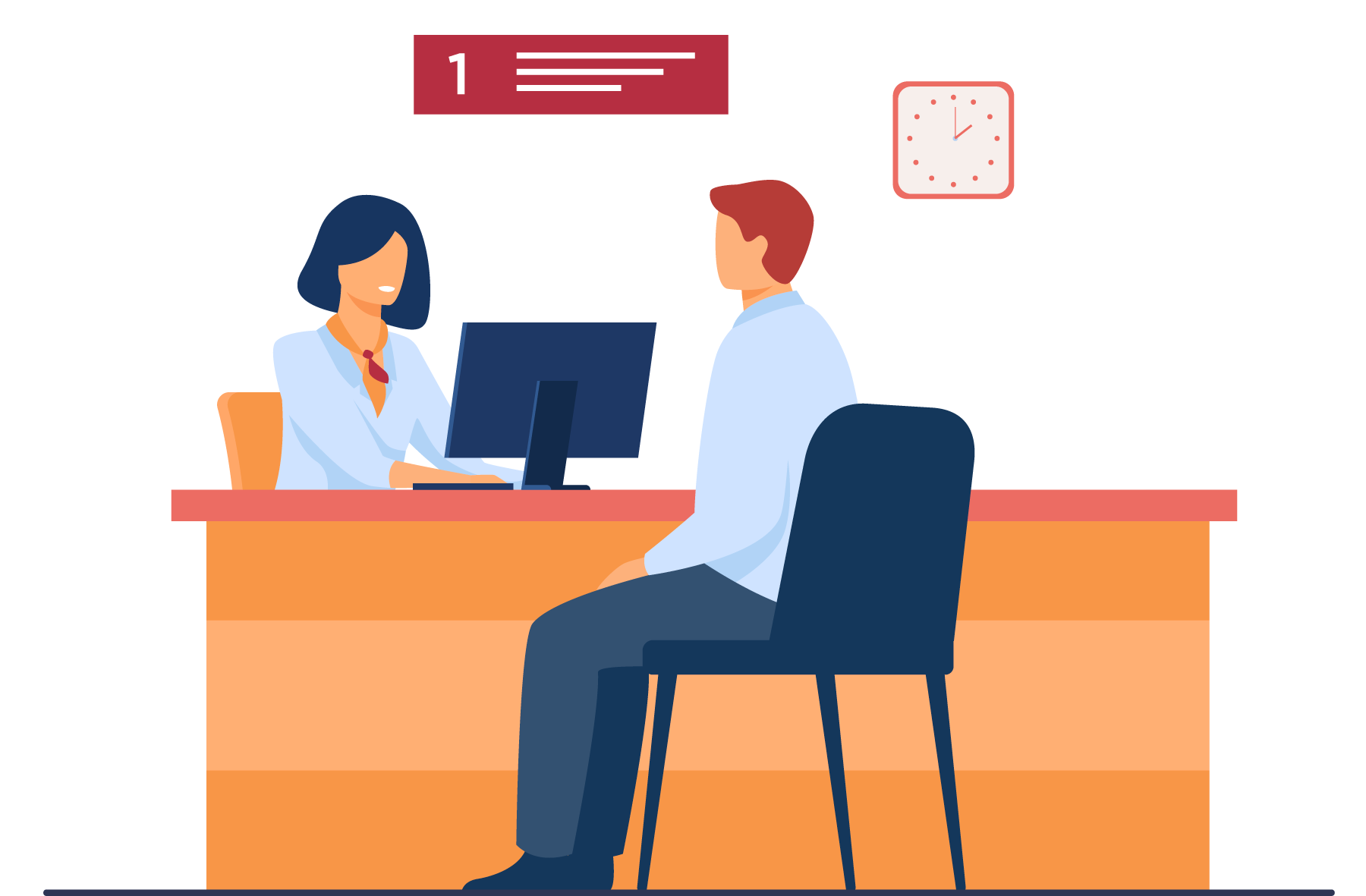
After signing the compromis, if you don't have the cash, you need to go to your bank to apply for a loan. Please note that the compromise gives you a deadline for bank approval.
To take out a loan, we advise you to make an appointment with your bank to set up your financing plan.
The main determinants of a monthly payment are the term and the interest rate. The longer the term, the more interest you pay, but the lower the monthly payment.

In Luxembourg, there are 2 main types of interest rate.
Variable rate is generally less expensive than a fixed rate, and you can repay your loan early, free of charge. On the other hand, the variable rate can be increased by your bank, and you are exposed to future overindebtedness.
The fixed rate is generally more expensive than a variable rate, because you can secure your monthly payment for as long as you wish, or for the entire term. But there are fees/penalties if you want to get out of your fixed-rate loan, or repay it early.
Step 4.
The deed of sale
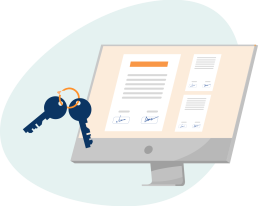
The notary is a real estate professional
It's the agent who carries out the transaction between buyer and seller. Beyond the transaction, he has certain obligations: he must check that there are no mortgages on the property, and the source of funds (money laundering). So don't be surprised if he asks for your bank details or a bank statement to check that everything is in accordance with the agreement and the law.
Once all the research has been completed, he will send you a draft so that you can check the accuracy of the deed of sale and arrange a meeting between the two parties.
You should also be aware that it is the buyer who has the right to choose the notary in question, since it is the buyer who pays the notary for his services.

Signing the deed
On the day of signing, you will confirm the official purchase of your property and receive the keys from the seller (unless a special condition in the compromis stipulates a different date for handing over the keys).
The notary will read the deed in its entirety in front of both parties (buyer and seller) and will commit you to signing the deed of sale if everything is in accordance with the compromis.
The notary acts as an intermediary, collecting the money from the buyer and transferring it to the seller. What's more, it is the notary who registers the property in the buyer's name with the authorities.
Finally, make sure you receive all the keys from the seller and ask if you have received all the duplicates.
